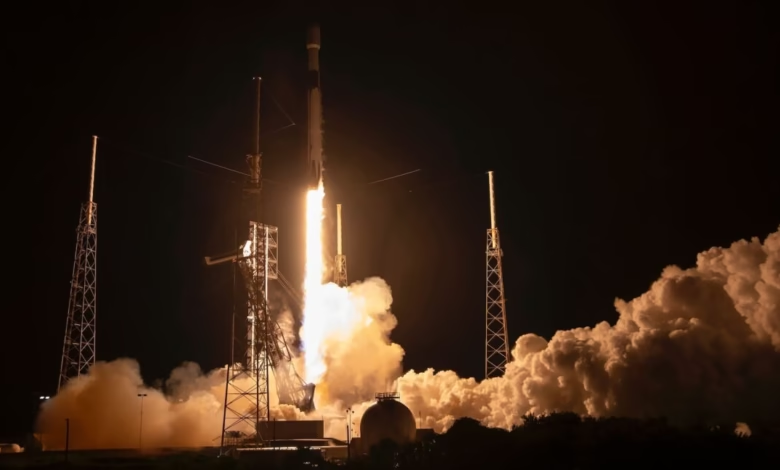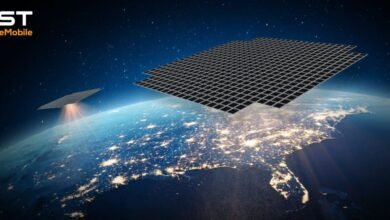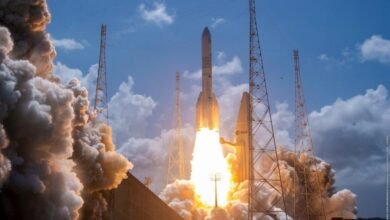Amazon Taps SpaceX for Next Rocket Launch

▼ Summary
– A Falcon 9 rocket launched Amazon’s third batch of Project Kuiper satellites, advancing its competition with SpaceX’s Starlink broadband service.
– The launch occurred at 2:30 am EST from Cape Canaveral, placing 24 satellites into orbit at an altitude of 289 miles.
– Amazon now has 78 Kuiper satellites in orbit, with plans to deploy 3,232 satellites globally for broadband coverage.
– The Kuiper project is estimated to cost $16.5–$20 billion, with $10 billion allocated for launch expenses alone.
– Amazon secured over 80 launches from multiple providers, including SpaceX, after initially relying on ULA, Arianespace, and Blue Origin.
Amazon has taken an unexpected step in its space ambitions by partnering with rival SpaceX to launch its latest batch of Project Kuiper satellites. The early morning liftoff from Florida’s Cape Canaveral marks a significant milestone as the e-commerce giant accelerates its efforts to compete in the satellite internet market.
A SpaceX Falcon 9 rocket carried 24 Kuiper satellites into orbit, adding to Amazon’s growing constellation. The mission, which launched at 2:30 AM EST, placed the payload at an initial altitude of 289 miles before the satellites began maneuvering to their final operational orbit of 391 miles. This latest deployment brings Amazon’s total in-orbit count to 78, a small fraction of the planned 3,232-satellite network designed to deliver global broadband coverage.
The collaboration between Amazon and SpaceX is notable given their competing interests in satellite internet. While SpaceX’s Starlink already boasts thousands of operational satellites, Amazon’s Kuiper project is still in its early stages. Industry analysts estimate the total cost of the Kuiper system could reach $20 billion, with launch expenses alone accounting for roughly half that amount.
Originally, Amazon secured launches with other providers, including United Launch Alliance, Arianespace, and Blue Origin, but delays in rocket development forced the company to turn to SpaceX. The Falcon 9’s proven reliability made it a practical choice, even as Amazon continues to rely on future flights with ULA’s Vulcan, Ariane 6, and Blue Origin’s New Glenn for the bulk of its deployment.
This launch underscores the growing competition in low-Earth orbit, where multiple companies are racing to establish dominance in satellite-based internet services. With SpaceX leading the charge, Amazon’s aggressive investment in Kuiper signals its determination to carve out a significant share of this emerging market.
(Source: Ars Technica)





